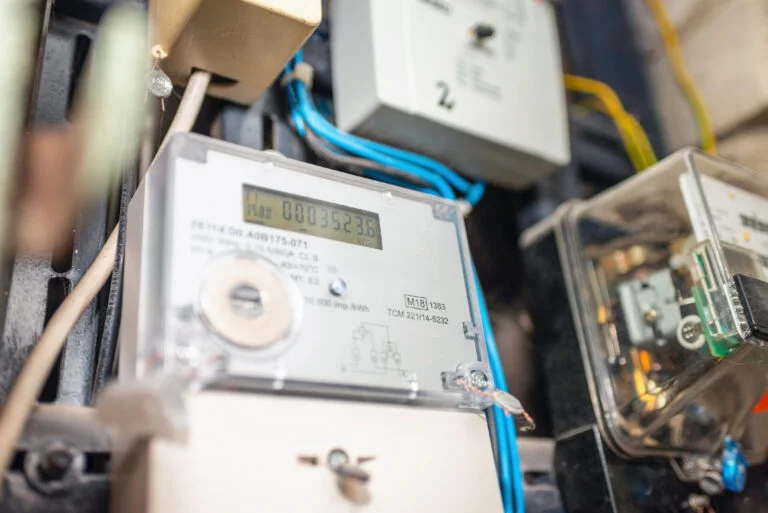Ofgem has announced a reform package aimed at strengthening consumer protections within the smart meter program. From early 2026, energy suppliers will be required to pay automatic compensation to households and micro-businesses in two core scenarios: (1) if smart meter installation appointments are delayed beyond six weeks; and (2) if a defective meter, or one not operating in smart mode, remains un-repaired after 90 days.
These changes are part of a broader update to the regulator’s Guaranteed Standards of Performance (GSoP) and mark a shift toward higher accountability in meter service delivery.
Scope and Rationale Behind the Reform
The introduction of automatic compensation addresses longstanding concerns over poor installation timelines and widespread smart meter faults. Millions of meters remain unable to transmit data – estimated at approximately 3.4 million as of March 2025. Suppliers have already reconnected over 600,000 faulty meters since July 2024, highlighting the urgency of clearer service standards.

Consumer Impact and Market Implications
Delayed installations and persistent faults have generated significant customer dissatisfaction, with some estimates suggesting that around one in five smart meters are faulty.
These issues undermine trust in the rollout and slow adoption. The compensation scheme is intended to realign supplier incentives, encouraging faster fault resolution and timely installations, thereby improving consumer confidence and supporting the smart meter program objectives.
Regulatory Position and Consumer Voice
The proposed rules signal a clear regulatory position: customer expectations must be formally defined and enforced. According to Ofgem, ensuring a reliable smart-meter experience is essential for accurate billing, optimised tariffs, and real-time energy usage tracking. The revised GSoP framework introduces automatic compensation, simplifying the process for consumers and reinforcing supplier accountability.
RTS Phase-out Delay
Alongside the compensation reforms, the Government has delayed the planned switch-off of Radio Teleswitch Service (RTS) meters. Initially scheduled for June 2025, the change will now be phased in gradually, starting with a limited number of households.
Suppliers will be required to notify affected customers in advance and ensure heating and hot water services are maintained during the transition. As of mid-2025, approximately 314,000 households continued to rely on RTS meters. This measured approach reflects the technical and logistical complexities of replacing legacy systems.
MHHS Delay and Engineering Challenges
The Market-wide Half-Hourly Settlement (MHHS) program – designed to improve billing accuracy and enable greater grid flexibility, has also been delayed by around 6.5 months. The key milestone known as M10, initially set for March 2025, is now expected in late September 2025, with full migration planned for mid-2027. Ofgem has indicated that no further delays will be acceptable.
One of the main contributing factors is the shortage of qualified engineers and testing personnel, which has slowed critical system integration testing and overall implementation progress. This capacity constraint highlights the need for coordinated industry efforts in workforce development, training, and retention to ensure the successful delivery of metering and settlement programs.
The smart-meter compensation reforms and RTS phase-out delay illustrate a regulatory focus on consumer protection while maintaining progress in infrastructure modernisation. At the same time, the MHHS delay and sector-wide skills shortage underline the operational and resourcing challenges facing the industry.
To meet program objectives, energy suppliers, regulators, and service providers will need to balance technical delivery with consumer service standards, ensuring that the transition to a more efficient and resilient energy system remains on track.






